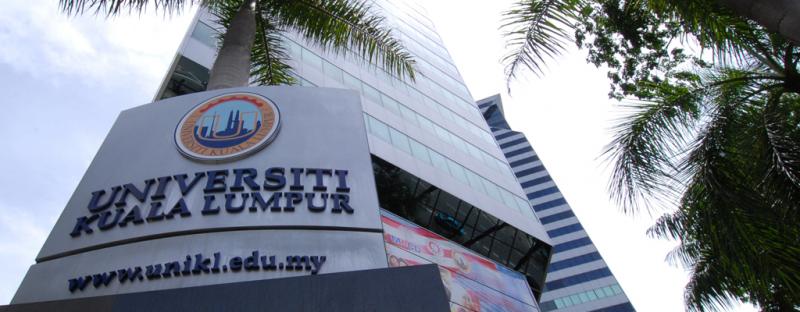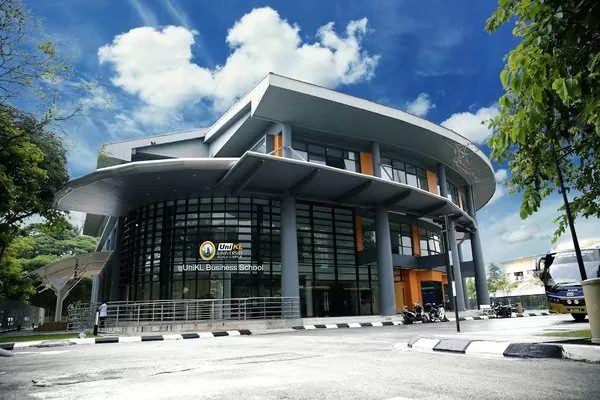Overview
Programme Educational Objectives (PEOs)
- PEO 1 : Knowledge impartation
Provide students with advanced knowledge in engineering analysis, design, research and able to contribute effectively within their working environment. - PEO 2 : Technology Research and Development
Develop the skills pertinent to the research process, including students’ ability to synthesize and integrate information, work collaboratively, communicate effectively and to publish the results of their research. - PEO 3 : Self-Promotion
Provide students with the ability for lifelong learning and possess the ability to communicate effectively for scholarly contributions in enhancing technical knowledge. - PEO 4 : Creative and Innovative
Encourage creativity and innovative thinking in designs and products to meet specified needs in mechanical engineering technology within the constraints of economy, environmental, social, health and safety, manufacturability and sustainability. - PEO 5 : Leadership
Develop the ability to accomplish professional ethics and responsibilities, able to communicate and function effectively on multi-disciplinary teams involving people from diverse backgrounds and affiliations, local and global alike. - PEO 6 : Global and Professional Service
Strengthen the ability to work independently to solve open-ended problems in mechanical engineering technology, absorb domestic and international knowledge in order to develop new products that will promote sustainable economic development to meet the global demands and dynamics.
Programme Learning Outcomes (PLOs)
- PLO 1 :
Ability to demonstrate continuing and advanced knowledge in manufacturing technology and have the capabilities to further develop or use these in new situations or multi-disciplinary contexts. - PLO 2 :
Ability to analyze and evaluate problems critically related to manufacturing technology and to provide solutions through the application of appropriate tools and techniques. - PLO 3 :
Ability to appraise available information and research evidence and apply it in the manufacturing technology context. - PLO 4 :
Ability to plan and perform research undertakings professionally, ethically and responsibly. - PLO 5 :
Ability to report technical findings in both written and oral forms. - PLO 6 :
Ability to recognize the needs for continuing professional development.
Admission
Entry Requirement
- Bachelor’s degree in a related field with minimum CGPA of 2.75 from local or any other institutions of higher learning as approved by the Senate of UniKL; or
- Bachelor’s degree or equivalent in related field with a CGPA between 2.50 to 2.75 is acceptable for admission depends on rigorous internal assessment (for UniKL, the internal assessment is at least 2 years working experience in a related field). or
- Bachelor’s degree or equivalent with CGPA less than 2.50, with at least 5 years relevant working experience is acceptable for admission.
- English language proficiency level of either a minimum of IELTS band 5.5 or TOEFL 525 (for international students).
Career Path
- Research and development engineer
- Academician
- Researcher
- Consultant
Tuitions Fees
Malaysian Students:
Full Time: RM1,880.00 per semester
Part Time: RM1,250.00 per semester
International Students
: 2,500.00
Scholarship
Limited number of Yayasan UniKL – Tengku Abdullah Scholarship Scheme (YU-TASS) is awarded to registered UniKL students every year. The competition is high as students must pass an interview that is held twice a year. A good publication records increases student’s chances in obtaining the scholarship. We highly recommend that students look for other sources of funding if their YU-TASS scholarships applications were unsuccessful.
| STUDENT | ACADEMIC REQUIREMENT | BENEFITS | AGE |
| Master | Bachelor Degree with a minimum CGPA of 3.00 or above | Monthly Allowance (RM1800.00) | Not more than 35 years |
Programme Content
Areas of Research
- Product Design – CAD/CAM/CAE/CAO Rapid Prototyping, Value Analysis / Value Engineering (VA/VE)
- Process and Manufacturing System – Artificial Intelligent
- Production and Operation Management – Logistics and Supply Chain RFID, MRP, MRP ll, JIT
Compulsory Module
- Research Methodology
- Innovation Technology and Entrepreneurship
Full-time (3 Semesters)
- Thesis
* Thesis preparation needs minimum 6 months to graduate
Part-time (6 Semesters)
- Thesis
* Thesis preparation needs minimum 8 months to graduate














